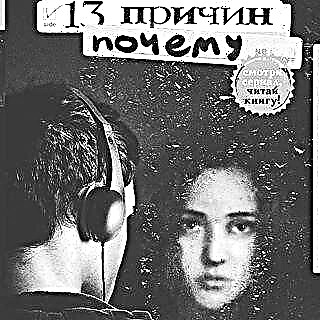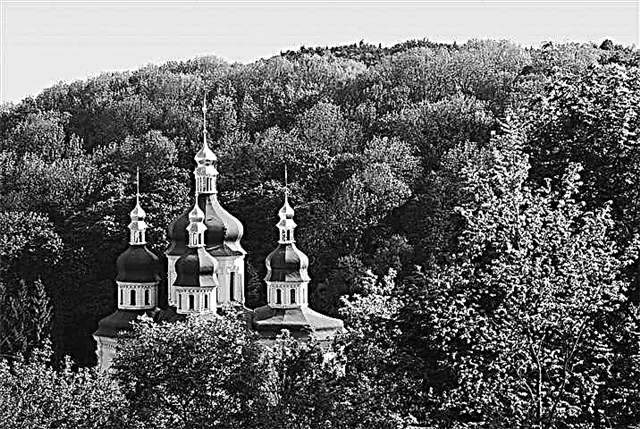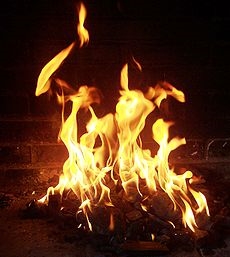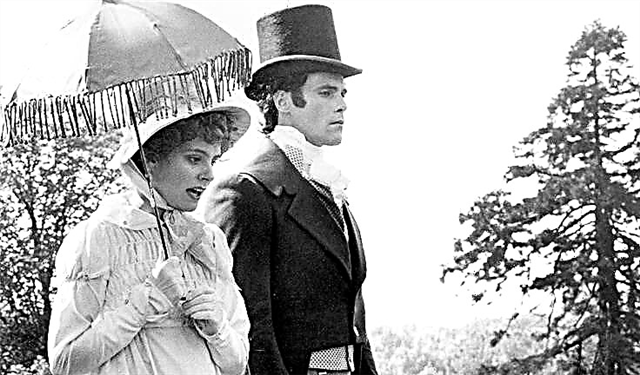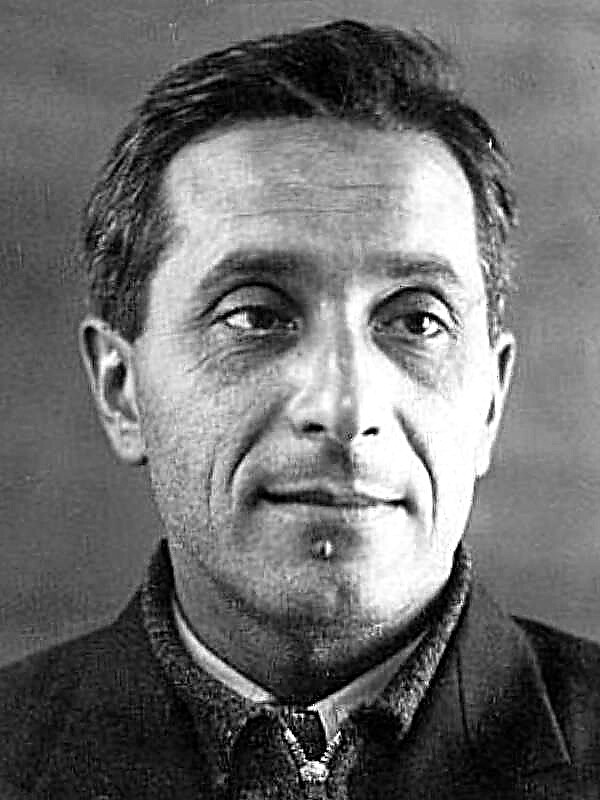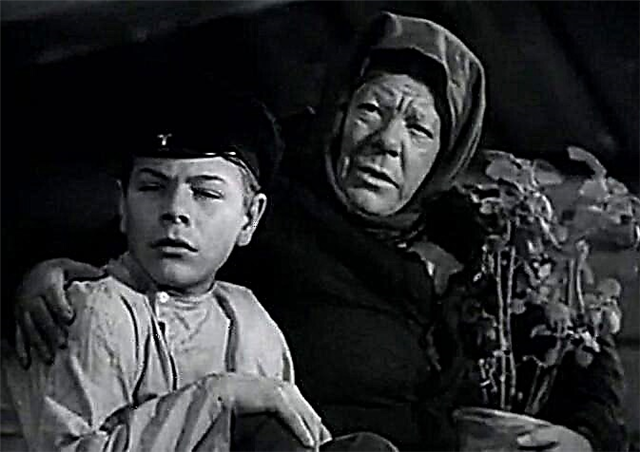(366 words) “Farewell to Mater” is a story written by V. Rasputin in 1976 and still not losing its relevance: it discusses the relationship of man with nature, the problem of historical memory and the traditional conflict of the village with the city. And in each of these substantial foundations, the surrounding world is the most important link.
Nature in the work is revealed in several aspects, first of all, in the concept of homeland. Most residents of Matera do not want to leave the island, because for them it is the only haven in the big world, which was built over several centuries. They love and cherish the native land that gave them life. The young generation, which has not yet worked in the fields, calmly leaves Materu, unlike the "old women" who cultivated the land for several decades.
In addition, for them the island is a memory: their ancestors lived here, here they rest in graves that they are going to burn and flood due to the construction of a hydroelectric power station, traditions that unite people are preserved here. This is a kind of root that grows in the inhabitants of Matera. It is not for nothing that the author notes that the orderlies could neither cut down nor burn the symbol of the island “royal foliage”. The tree represents spirituality left in the elderly, which cannot be killed by progress.
The truth is in the memory. - Rasputin writes. “He who has no memory has no life.”
The main character Daria sharply feels the approaching death of Matera. It is painful for her to see the young run away from here, thereby betraying the memory of their ancestors. They believe in a better life in the city and absolutely do not value a small homeland. Daria notices an indefinite small animal - this is the Owner of the island, who bypasses his possessions every night and protects the peace of the inhabitants. He understands that Matera is doomed to death - not only because it will be flooded for the sake of hydroelectric power, but also because young people leave the island for the sake of city life. The owner accepts his fate - it is his howl that is heard at the end of the story.
The fog that enveloped the orphaned piece of land symbolizes the uncertainty of the future: what awaits the inhabitants of Matera, who were forced to leave their native land? What will happen to people who sacrifice their memory and history for the benefits of civilization? What will happen to humanity, which puts its interests over nature and breaks the connection with it? To this, Rasputin gives a disappointing answer:
“Man is the king of nature,” suggested Andrey.
“That's right, king.” Will rejoice, rejoice yes sunbathe ... [answered Daria]
In “Farewell to Mater”, the author calls on man to live in harmony with nature and not to lose his connection with it or with the past. Unfortunately, nowadays it is becoming increasingly difficult to do this.

